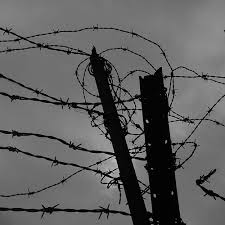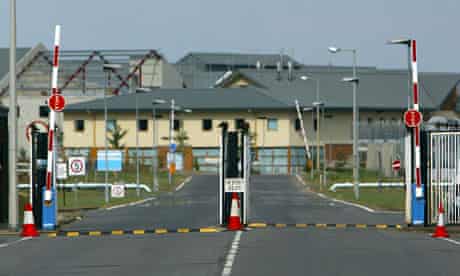
Jackie Nanyonjo
My grandmother did not die of uremic poisoning. She died because she was in hiding, in Nazi-occupied Brussels, and could not get the medical care she needed. And so she died and was buried in an unmarked grave in a potter’s field `somewhere in Brussels’.
Jackie Nanyonjo died in Kampala, Uganda, last Friday. Jackie Nanyonjo was a lesbian who fled Uganda, made it to England, and applied for asylum. In so doing, she joined women like Betty Tibikawa, Linda Nakibuuka and so many other Ugandan lesbians who, having asked for safe haven, trade one rung of hell for another.
Jackie Nanyonjo fought for the rights, power and dignity of women, LGBTI individuals and communities, lesbians, asylum seekers. She fought for those rights on the streets; in the cells and corridors of Yarl’s Wood; and in the airplane that took her, abducted her more accurately, to Kampala two months ago. When she arrived in Kampala, she went into hiding. She didn’t contact members of the organized LGBT rights communities, most likely because of the current pogroms against lesbians and gays and their organizations. And so, on Friday, March 8, 2013, International Women’s Day, Jackie Nanyonjo died, in hiding, in Kampala.
Friends report that she was in poor health in the United Kingdom and in very poor health when she arrived in Kampala.
My grandmother did not die of uremic poisoning. Jackie Nanyonjo did not die of poor health. They were both killed. May they both rest in peace. May we do better than merely remember and intone their names.
(Photo Credit: PinkNews)




